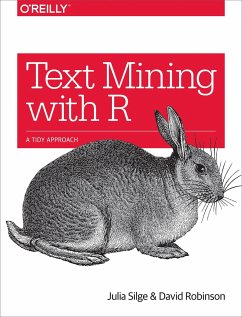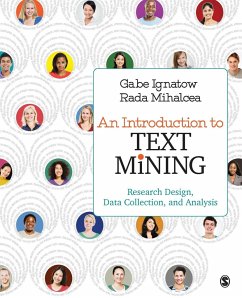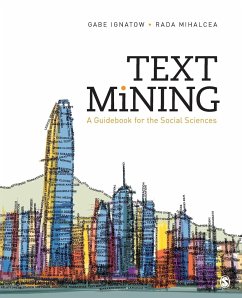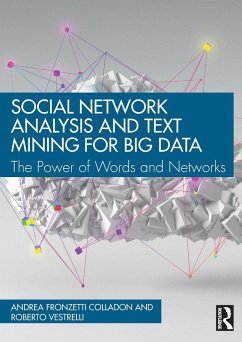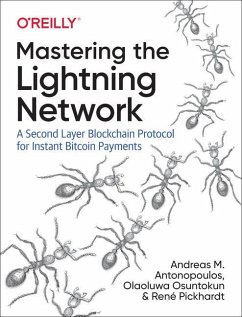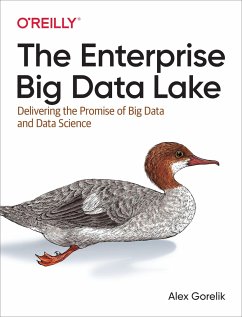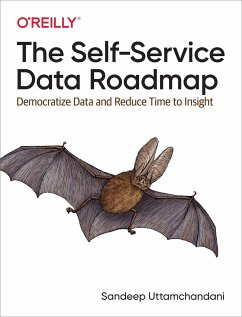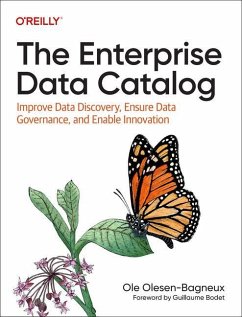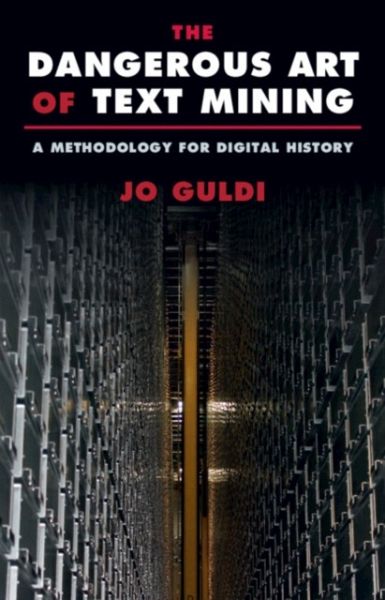
The Dangerous Art of Text Mining
Versandkostenfrei!
Versandfertig in über 4 Wochen
32,99 €
inkl. MwSt.

PAYBACK Punkte
16 °P sammeln!
Text mining is the art of counting words over time. The Dangerous Art of Text Mining celebrates the bold new insights into politics, culture, and historical change that can result - and argues that, without help from the humanities, data science can distort the past and lead to perilous errors.





